Is Hunter Biden's new courtroom drama a speed bump or a total derailment?
Where do Hunter Biden, his father, and the Republicans out for blood go from here?

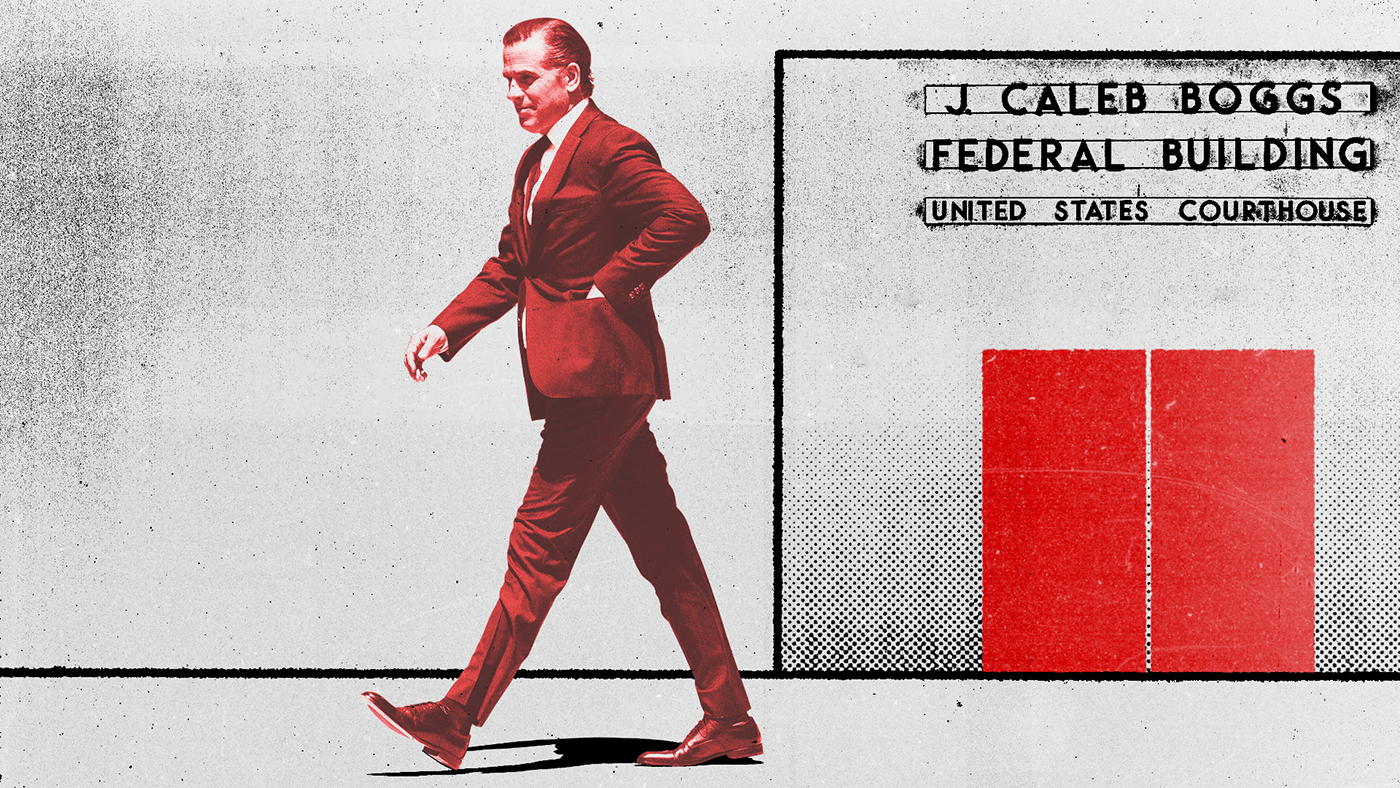
A free daily email with the biggest news stories of the day – and the best features from TheWeek.com
You are now subscribed
Your newsletter sign-up was successful
One month ago, Hunter Biden's long legal drama seemed poised to end, not with a bang, but with a whimper, as federal prosecutors prepared to accept a plea deal over federal tax evasion charges and allegations that the president's beleaguered son purchased a firearm while addicted to a controlled substance. In a statement at the time, Biden attorney Christopher Clark hailed the pending deal as a sign that "the five-year investigation into Hunter is resolved," and that his client "looks forward to continuing his recovery and moving forward."
This week, that process of "moving forward" skidded to an unexpected halt, after U.S. District Judge Maryellen Noreika placed a hold on Biden's plea deal in a dramatic courtroom showdown that "revealed a disconnect between Biden's lawyers and prosecutors over the terms of the plea deal," Axios said. At issue was the scope of the tax evasion agreement; its relation to a separate "pretrial diversion agreement," which would see Biden avoid jail time for the gun charges under certain conditions; and disagreement over whether the deal would insulate the president's son against future charges. Noreika also questioned the constitutionality of the firearms diversion agreement, in which her participation may result in a separation-of-powers breach. At the close of Wednesday's hearing, Biden pled "not guilty" to the various charges against him, although he "will be able to withdraw the not guilty pleas he entered on Wednesday" if Noreika ultimately accepts a revised version of the deal, Politico wrote. "He would then replace them with guilty pleas on the tax charges, and DOJ would defer prosecution on the gun charge."
Given the raucous courtroom drama on display this week, is this just a speed bump in the closing act of Hunter Biden's long legal saga, or have the president's son's hopes for a quiet resolution been derailed altogether?
The Week
Escape your echo chamber. Get the facts behind the news, plus analysis from multiple perspectives.

Sign up for The Week's Free Newsletters
From our morning news briefing to a weekly Good News Newsletter, get the best of The Week delivered directly to your inbox.
From our morning news briefing to a weekly Good News Newsletter, get the best of The Week delivered directly to your inbox.
What are the commentators saying?
The plea deal breakdown "heightened the legal peril for President Biden's son and could give the president's political opponents fresh ammunition in their scrutiny of the first family," The Wall Street Journal reported, contrasting Wednesday's drama with the "carefully choreographed way most plea deals roll out."
"You all are saying, 'Just rubber stamp the agreement,'" Noreika reportedly told the court at one point during the hearing. "I'm not in a position to accept or reject it. I need to defer." To that end, the judge has given both Biden's legal team and the DOJ prosecutors 30 days to file revised paperwork to address the constitutionality of the firearm deal in particular, after which she "could schedule another hearing ... to further flesh out the complex constitutional questions at hand," CNN explained. She could also "issue a written ruling accepting [the legal teams'] explanations and agreeing to move forward with the guilty plea."
Meanwhile, as part of Wednesday's proceedings, attorneys for the president's son and the Justice Department agreed to be "more explicit in what Biden was immune from in the future," Axios reported, adding that the reconfigured deal "still could be tweaked in the coming weeks."
All this comes as House Republicans continue to zero in on Hunter and explore his business dealings in hopes of uncovering malfeasance on the part of his father, as well. The day before the hearing, GOP Rep. Jason Smith of Missouri attempted to intervene in the since-paused plea deal, filing a brief to convince Norieka to reject the agreement outright. The effort comes as part of a broader push to frame the deal as being "marked by favorable treatment from the Justice Department in his father's administration," despite former President Donald Trump having appointed both the prosecutor and judge involved, The New York Times said.
A free daily email with the biggest news stories of the day – and the best features from TheWeek.com
What's next?
"Even if the charges against Biden are settled in the next month, the Justice Department has indicated its investigation of him is ongoing," Axios reported — a crucial detail given the newly narrowed scope of the pending plea agreement to focus strictly on Biden's tax, gun and drug charges. "In court on Wednesday, prosecutors said there was still the possibility of additional charges against the younger Biden under the Foreign Agent Registration Act, which requires anyone acting on behalf of a foreign government to file reports on their activities with the Justice Department," the Journal said, noting that "foreign business activities by the children of prominent politicians isn't itself illegal."
Republicans who have focused on the Bidens were meanwhile quick to capitalize on the legal upheaval. "At least there is some scrutiny going on," Rep. Chip Roy (R-Texas) told CNN. "The plea deal, as we saw, as it started, was garbage. We have people that are in jail right now for far less." And the party will likely have plenty more opportunities to showcase its anti-Hunter efforts during the run-up to the 2024 presidential election. The Justice Department has already begun working with Congress to arrange a time for David Weiss, the Trump-appointed prosecutor heading the DOJ's Hunter Biden investigation, to testify before the House Judiciary Committee, and longtime Biden associate Devon Archer is set to appear before the House Oversight Committee in the coming weeks, as well. But perhaps most importantly, both Trump and Florida Governor Ron DeSantis (R) "have made clear they intend to talk about Hunter Biden and his business dealings to go after President Biden in the general election," Axios added.
Rafi Schwartz has worked as a politics writer at The Week since 2022, where he covers elections, Congress and the White House. He was previously a contributing writer with Mic focusing largely on politics, a senior writer with Splinter News, a staff writer for Fusion's news lab, and the managing editor of Heeb Magazine, a Jewish life and culture publication. Rafi's work has appeared in Rolling Stone, GOOD and The Forward, among others.
-
 Properties of the week: pretty thatched cottages
Properties of the week: pretty thatched cottagesThe Week Recommends Featuring homes in West Sussex, Dorset and Suffolk
-
 The week’s best photos
The week’s best photosIn Pictures An explosive meal, a carnival of joy, and more
-
 The ‘ravenous’ demand for Cornish minerals
The ‘ravenous’ demand for Cornish mineralsUnder the Radar Growing need for critical minerals to power tech has intensified ‘appetite’ for lithium, which could be a ‘huge boon’ for local economy
-
 ‘Poor time management isn’t just an inconvenience’
‘Poor time management isn’t just an inconvenience’Instant Opinion Opinion, comment and editorials of the day
-
 The ‘mad king’: has Trump finally lost it?
The ‘mad king’: has Trump finally lost it?Talking Point Rambling speeches, wind turbine obsession, and an ‘unhinged’ letter to Norway’s prime minister have caused concern whether the rest of his term is ‘sustainable’
-
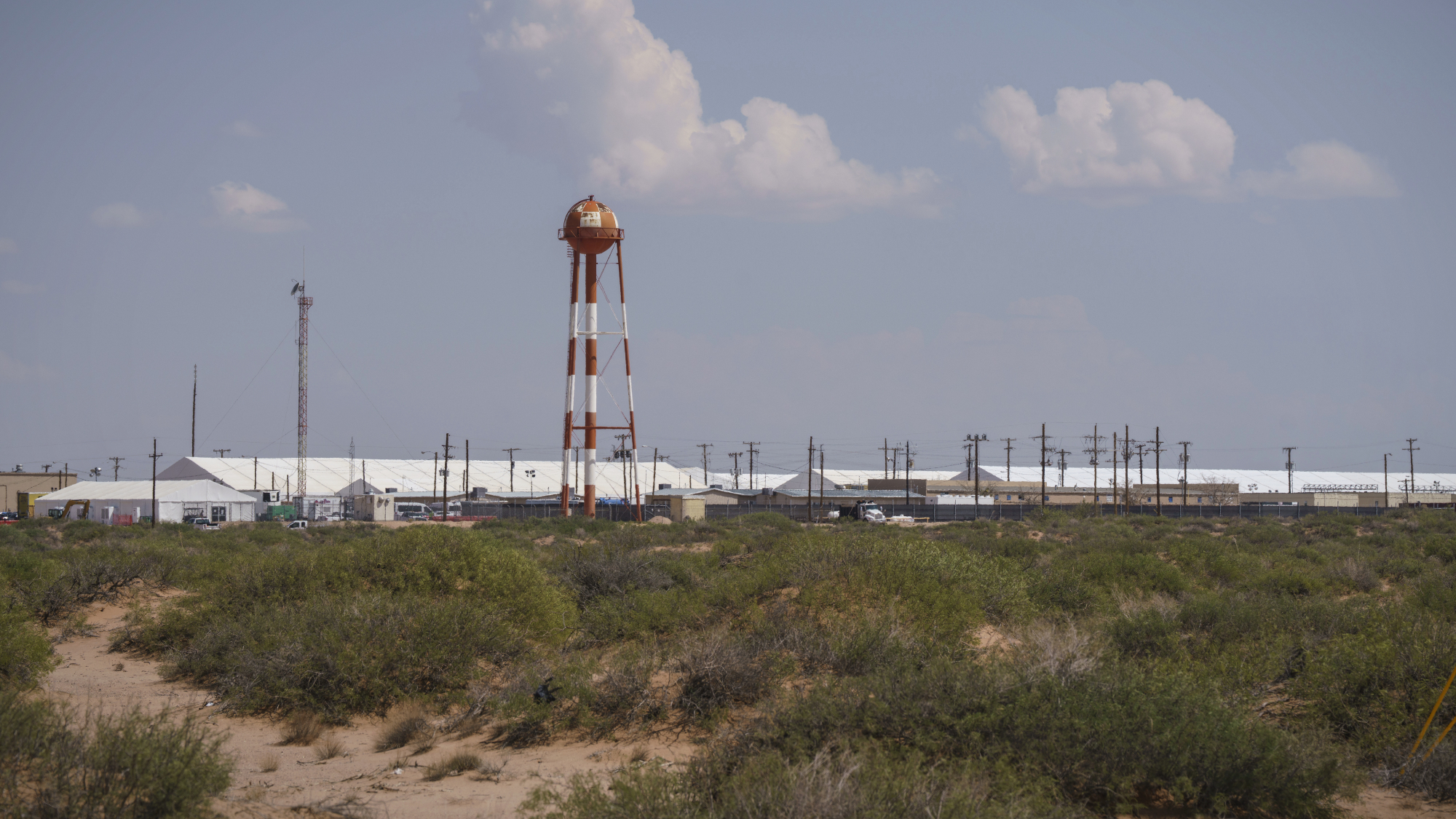 Migrant death in ICE custody ruled homicide
Migrant death in ICE custody ruled homicideSpeed Read Geraldo Lunas Campos, 55, died of asphyxia, the coroner said
-
 Prosecutors quit as DOJ pushes probe of Good widow
Prosecutors quit as DOJ pushes probe of Good widowSpeed Read At least six prosecutors have resigned in Minnesota
-
 Inside Minnesota’s extensive fraud schemes
Inside Minnesota’s extensive fraud schemesThe Explainer The fraud allegedly goes back to the Covid-19 pandemic
-
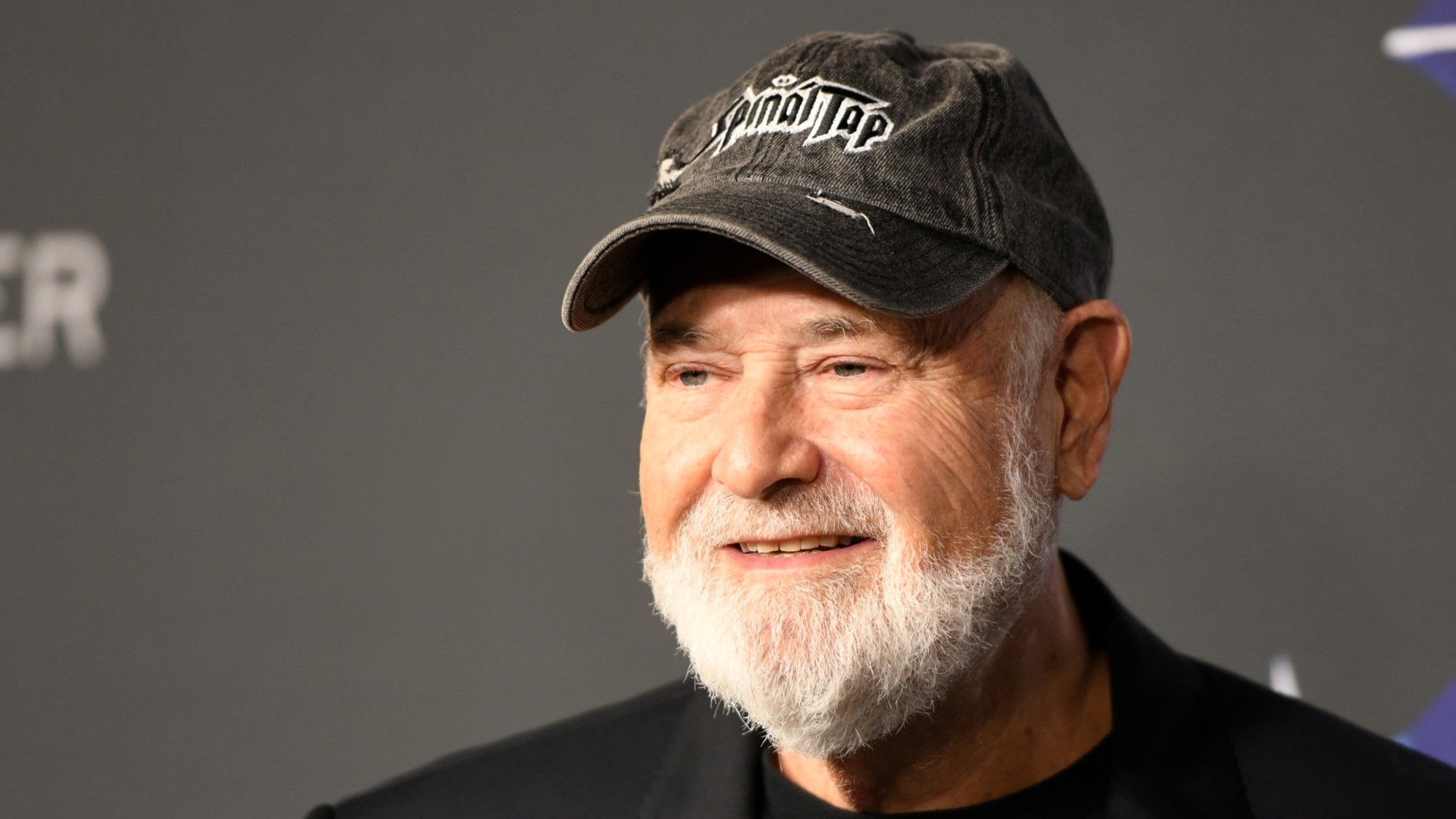 ‘It’s another clarifying moment in our age of moral collapse’
‘It’s another clarifying moment in our age of moral collapse’Instant Opinion Opinion, comment and editorials of the day
-
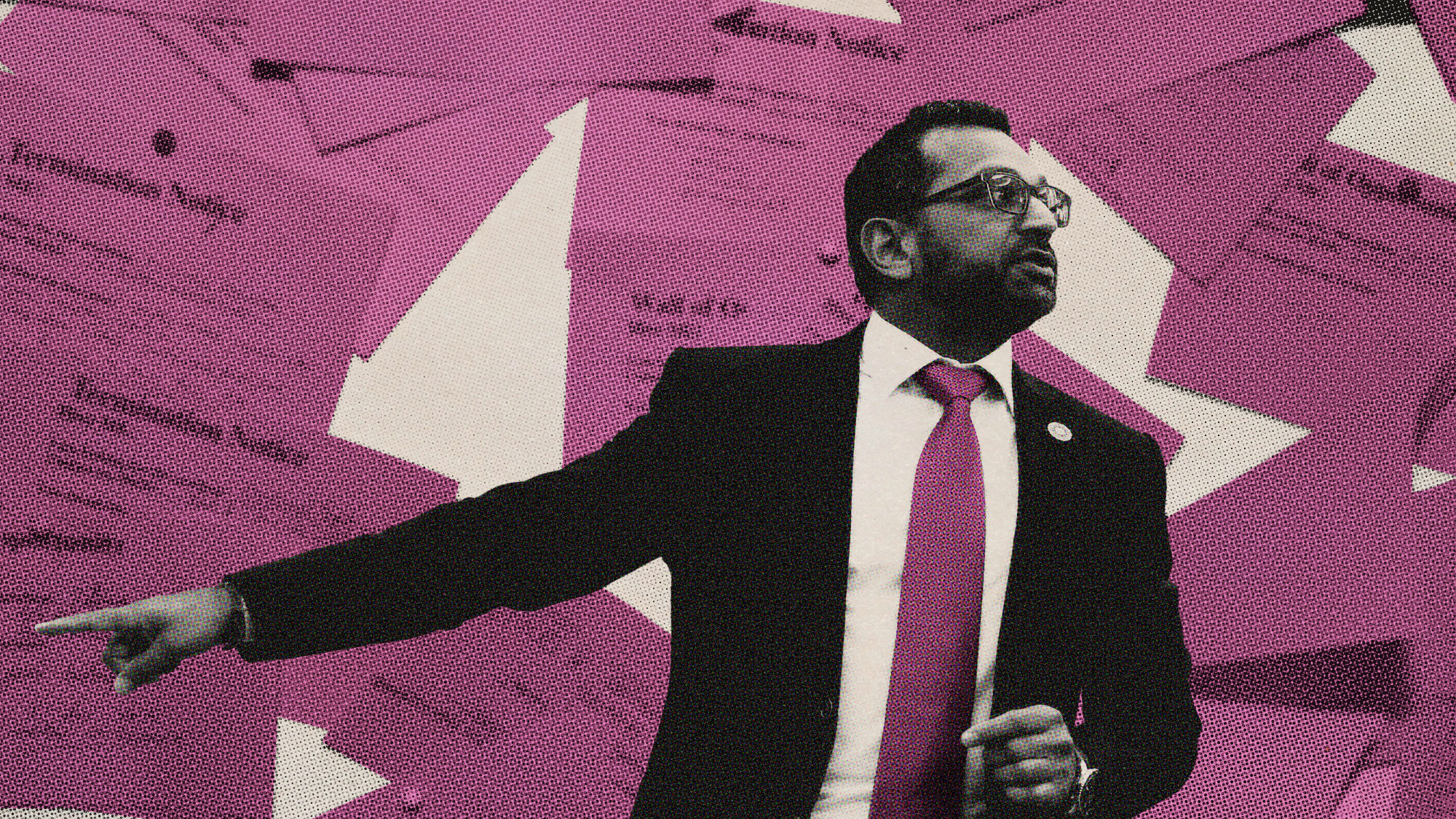 Constitutional rights are at the center of FBI agents’ lawsuit
Constitutional rights are at the center of FBI agents’ lawsuitIn the Spotlight The agents were photographed kneeling during a racial justice protest
-
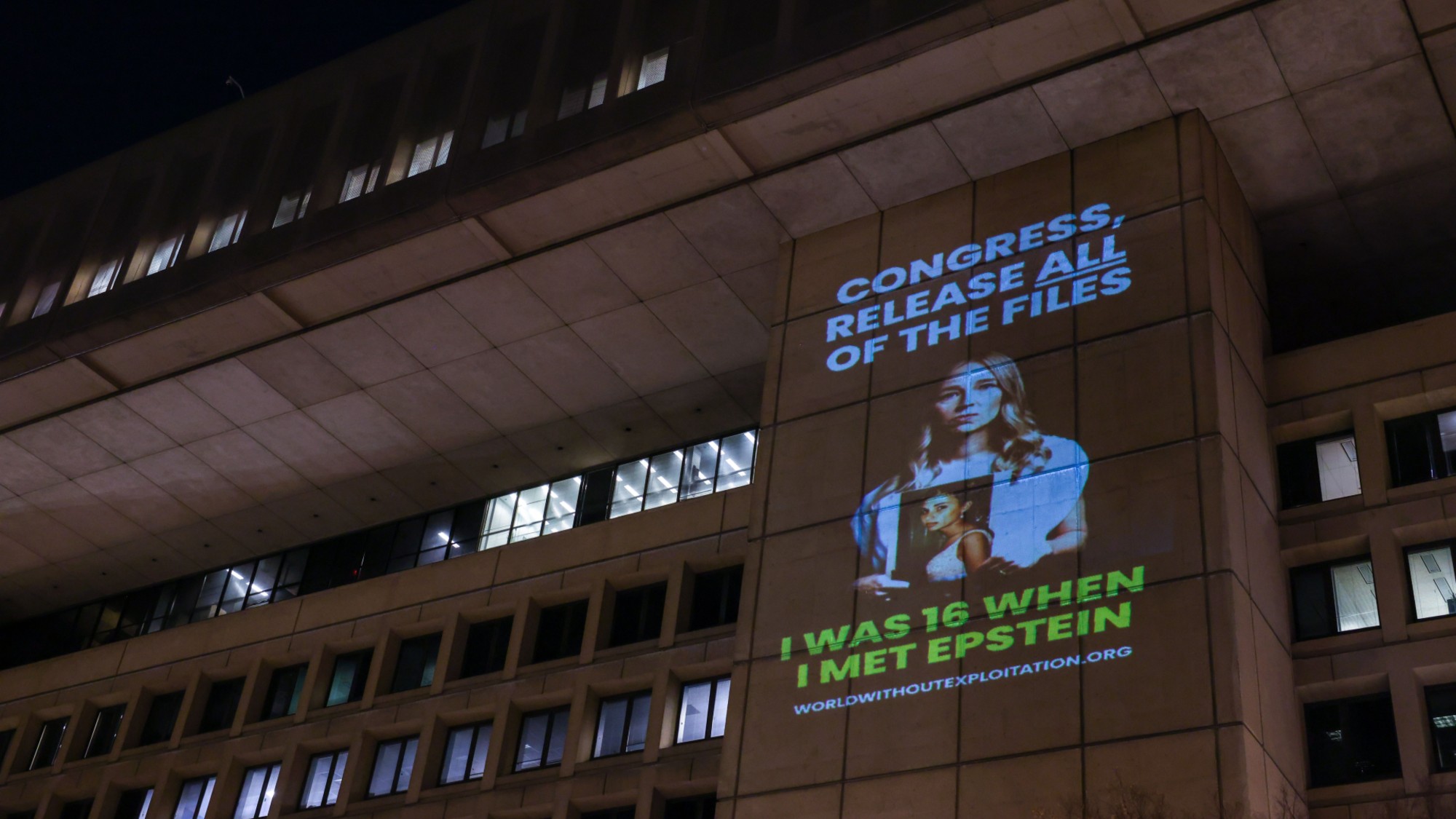 The powerful names in the Epstein emails
The powerful names in the Epstein emailsIn Depth People from a former Harvard president to a noted linguist were mentioned
